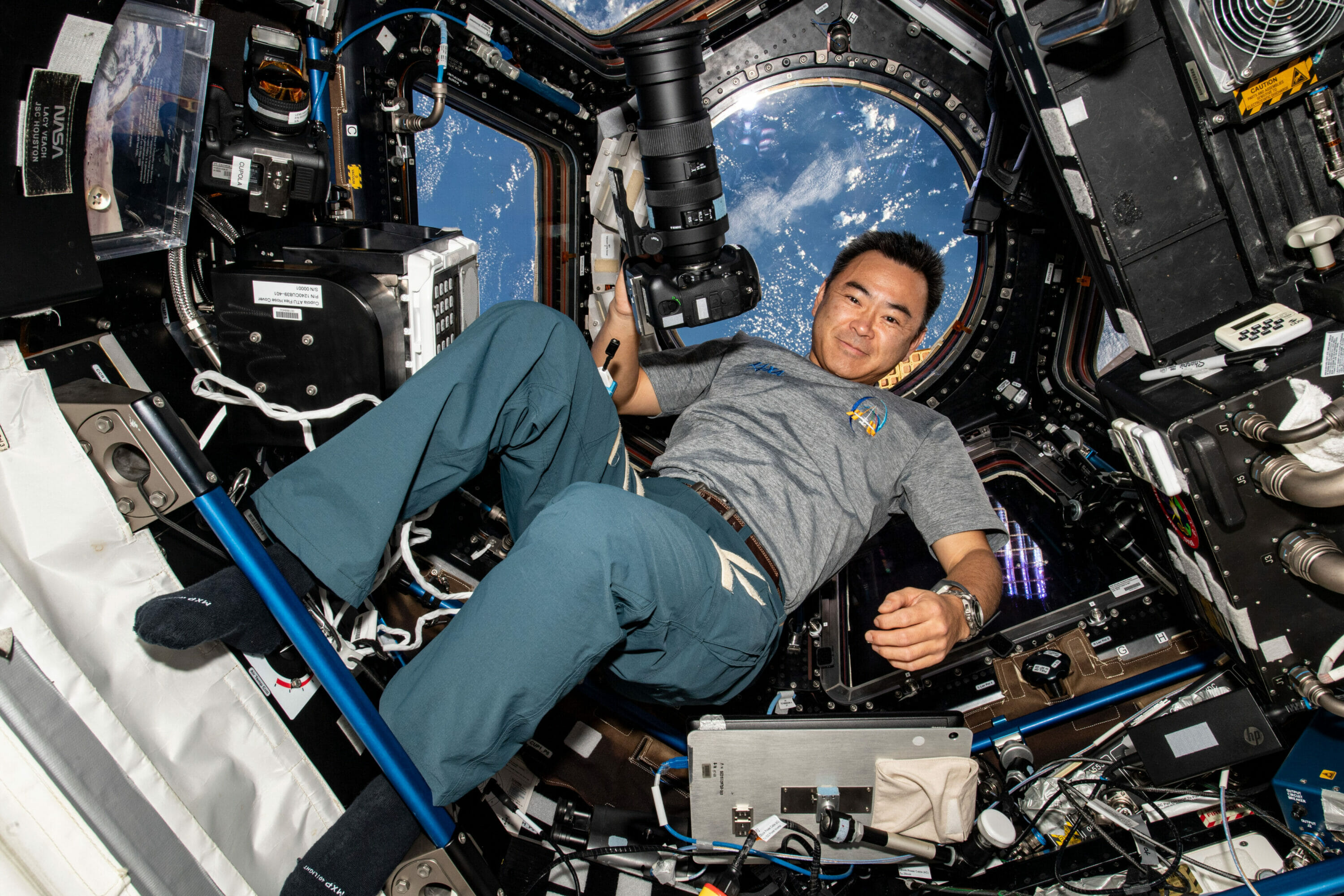
カルチャー
11 questions with JAXA astronaut Akihiko Hoshide
Special interview with POPEYE Web!
2022年1月26日
movie: Seiichi Kimura
translation: Catherine Lealand
JAXA (Japan Aerospace Exploration Agency) astronaut Akihiko Hoshide returned safely to Earth after a six-month-long stay on the International Space Station (ISS), serving as the second Japanese captain of the ISS. We were lucky enough to be able to interview Mr Hoshide remotely during his galactic trip! He answered our questions- from recommendations for space travel and his morning routine aboard the ISS to more serious questions such as the future of space business. Please enjoy both the interview video and the article!
Hello, POPEYE Web readers! I’m Akihiko Hoshide, a JAXA astronaut. Today, I will be answering various questions from the International Space Station. Thank you very much for this opportunity!
Q1 Tell us about your morning routine on the International Space Station.
I get up at 6 am for the morning meeting that starts at 7.30 am every day. First, I eat my breakfast, get dressed and then I freshen up. Then I check my work schedule for the day, including checking my email and all the information that comes into the ISS in the morning. Then we go through the morning meeting, where all the members of the ISS ask each other how we are doing. During the first five months of my mission, when I was the captain, I also went to the Russian module to check in on the Russian astronauts, whether they were busy with their work, and whether there were any difficulties they were facing.
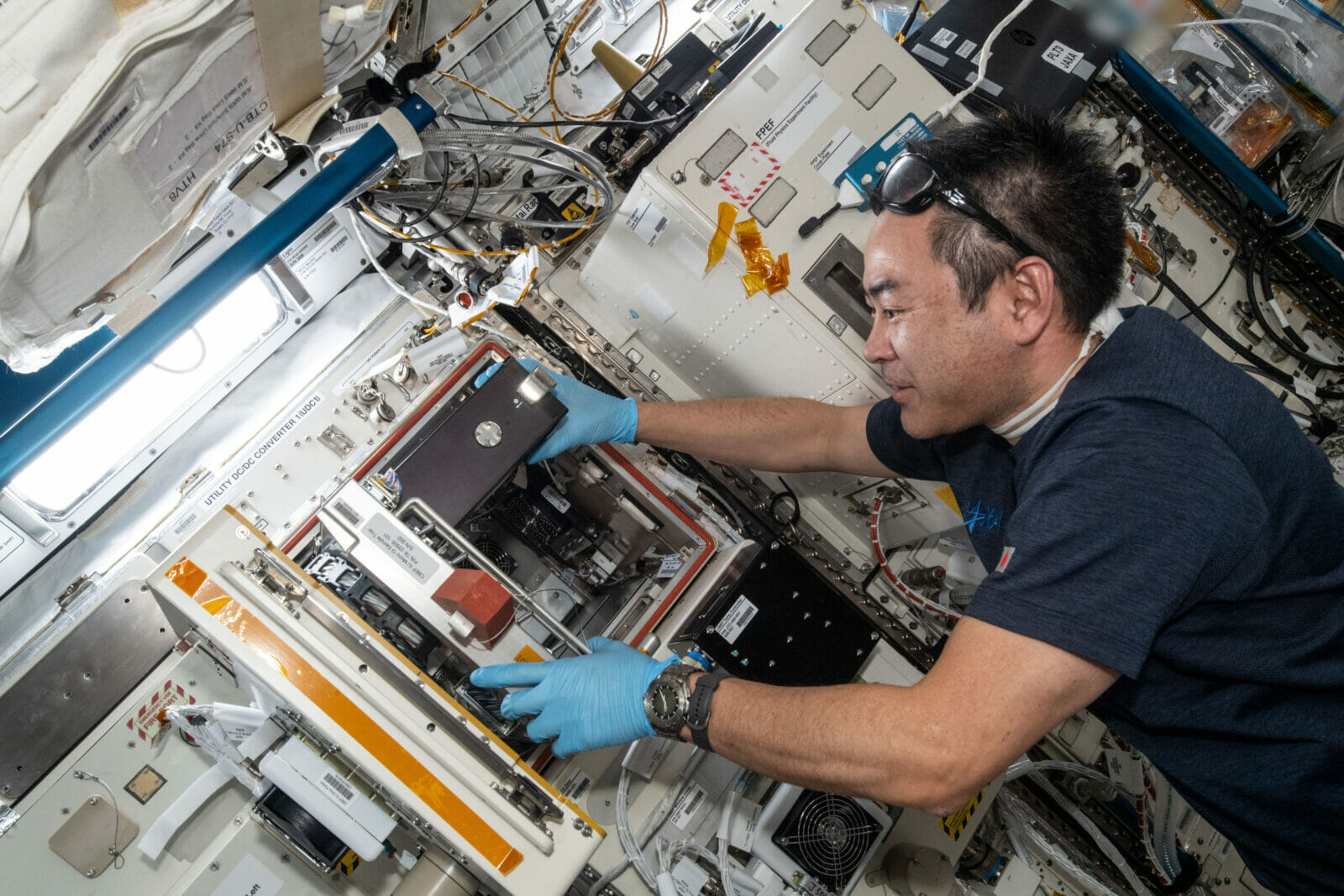
Q2 Did you make any new personal discoveries during your stay?
It may not be a new discovery, but I was reminded that human beings can live in space somewhat comfortably. Whilst using the toilet, bathing, clothes and food may seem a little inconvenient at first, after a while you get used to it and can live normally. This is a great example of us humans’ ability to adapt. I rediscovered that humans living in space is no longer a strange or difficult thing.
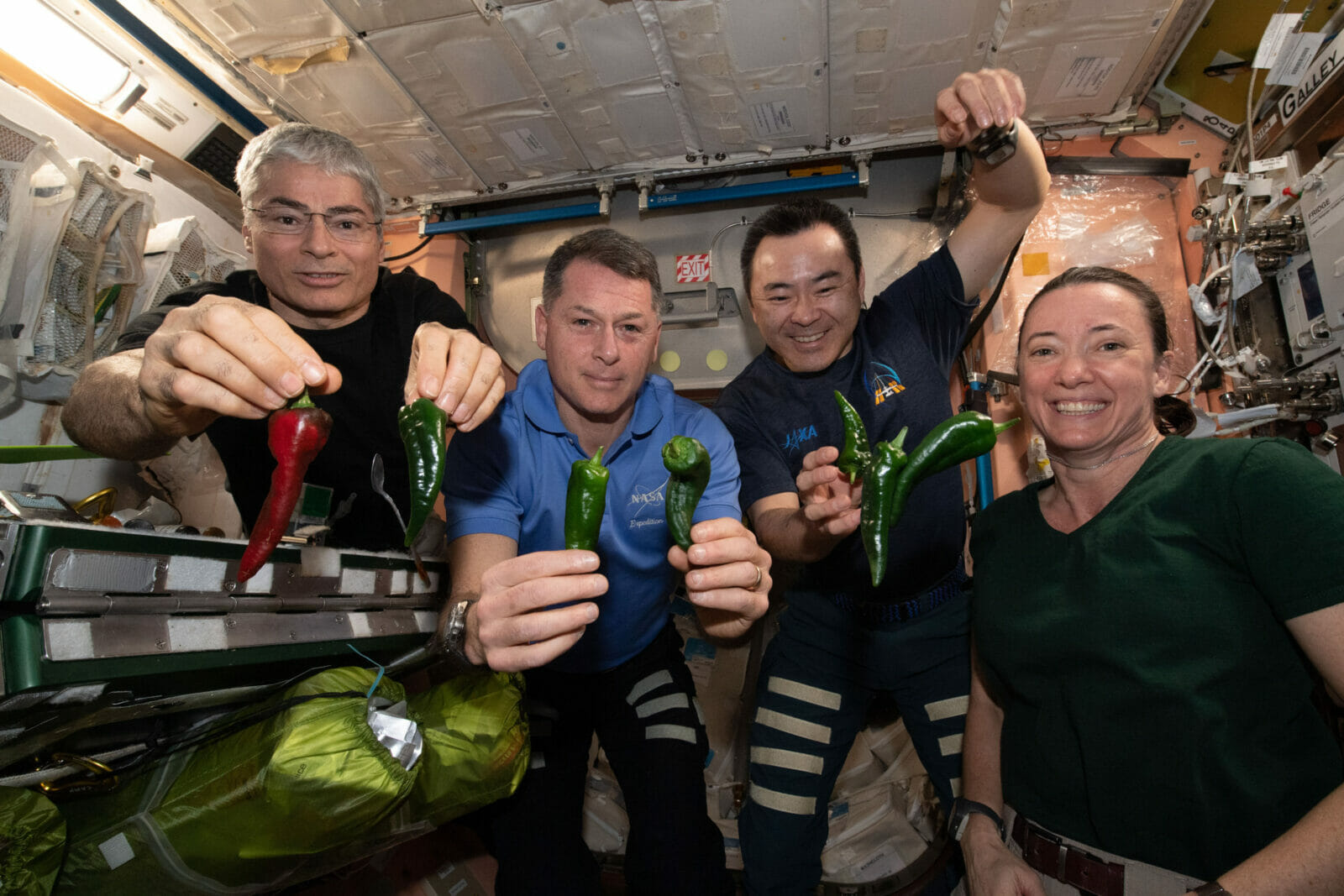
Q3 What are your recommendations for humans going into space?
There are many places where humans can experience space. The International Space Station, where we are now, is at an altitude of just 400 km above the Earth. Called low Earth orbit, here we can conduct experiments in zero gravity. You can fly like Superman, and by looking out of the window, you’re greeted with the beautiful view of Earth. Another advantage is that by going beyond this altitude, Moon and Mars can be studied, as well as being able to learn more about the Earth and the solar system.
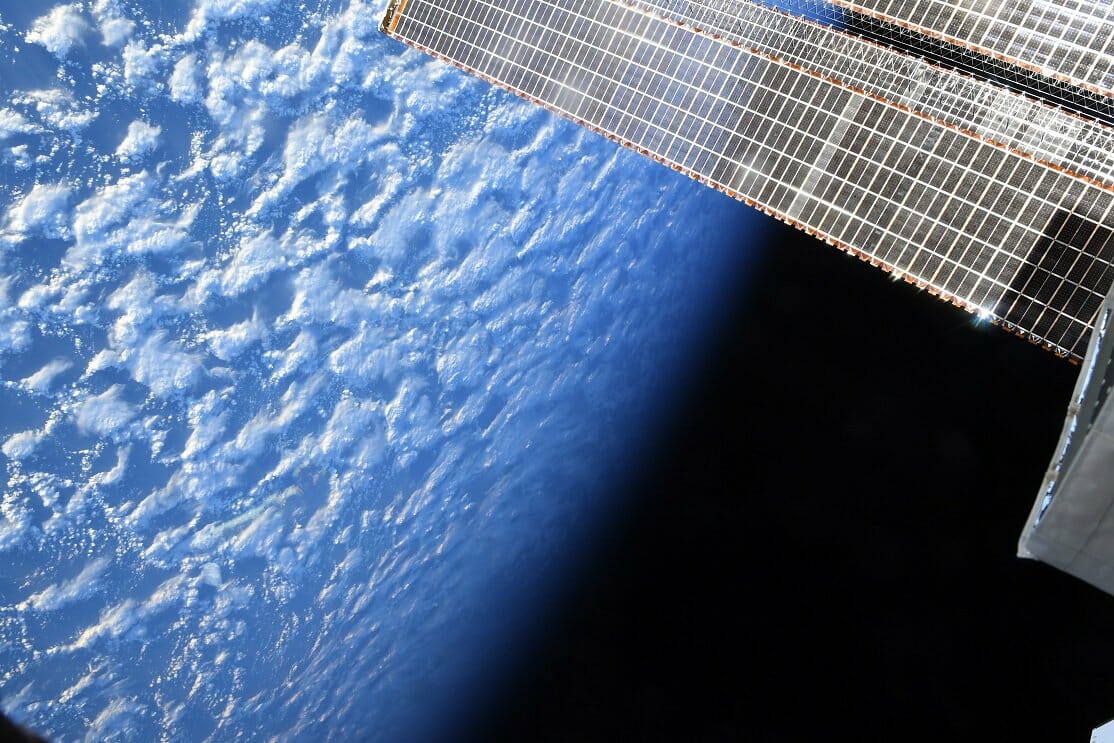
Q4 Has the Earth’s appearance from space changed at all between your first and current stay in space?
This was my third space flight and my second long-duration stay on the International Space Station. I am not sure if there have been any major visible changes on Earth. With my bare eyes, I can’t see any major changes. Problems such as the loss of glaciers, ocean pollution, and deforestation, among others, are things that I think we can understand by continuing to look into the data and images accumulated over the years. By documenting these changes from space with photographs, I believe that we can aid this research.
Q5 Do you have any ideas about what kind of service you would like to see in space?
There is such a variety of space food nowadays, from American, Russian and Japanese. This time, a French astronaut accompanied me on the ISS, so I was able to enjoy a taste of French space food. In the future, when space travel becomes more commonplace, it would be nice to have more variety and convenience. Say, if you suddenly wanted to eat Italian or Vietnamese food, it would be great to have a delivery service that could bring it to you at that moment.
Another issue for future space development is the growing issue of trash in space. Currently, we are working on a disposal system to properly handle waste products after the launch of a satellite, including a system to monitor the trash. Any trash hitting the space station can be a big problem. So having a service or system to reduce that risk would be greatly appreciated.
Q6 What kind of space travel do you recommend?
Private space travel is closer than you think. It’s just beginning to take off. In addition to staying on the space station, private companies are creating round trips, taking people into space with rockets and spacecraft and bringing them back to earth. I think this type of travel is going to increase in the future. I would recommend spending a few days in low Earth orbit, where there is a space station, and looking at the Earth. When getting to the moon is possible, it’d be a great memory to have an evening drink while looking at the earth in it’s.
Q7 What skills do you need to work in space?
I think that it is essential to work with people, not only in Japan but also in other countries. This includes in specialised fields, creating new ideas together. So, I think that language is an important tool. Of course, English is a necessity, but so are other languages. The other thing is teamwork, not just in space. There is only so much that one person can do in any given world. To do better, to do bigger projects, to do new things, it is important to connect and cooperate with other people. I have worked on this mission with astronauts, air traffic controllers, engineers and researchers on the ground, and I have learned that teamwork is vital.
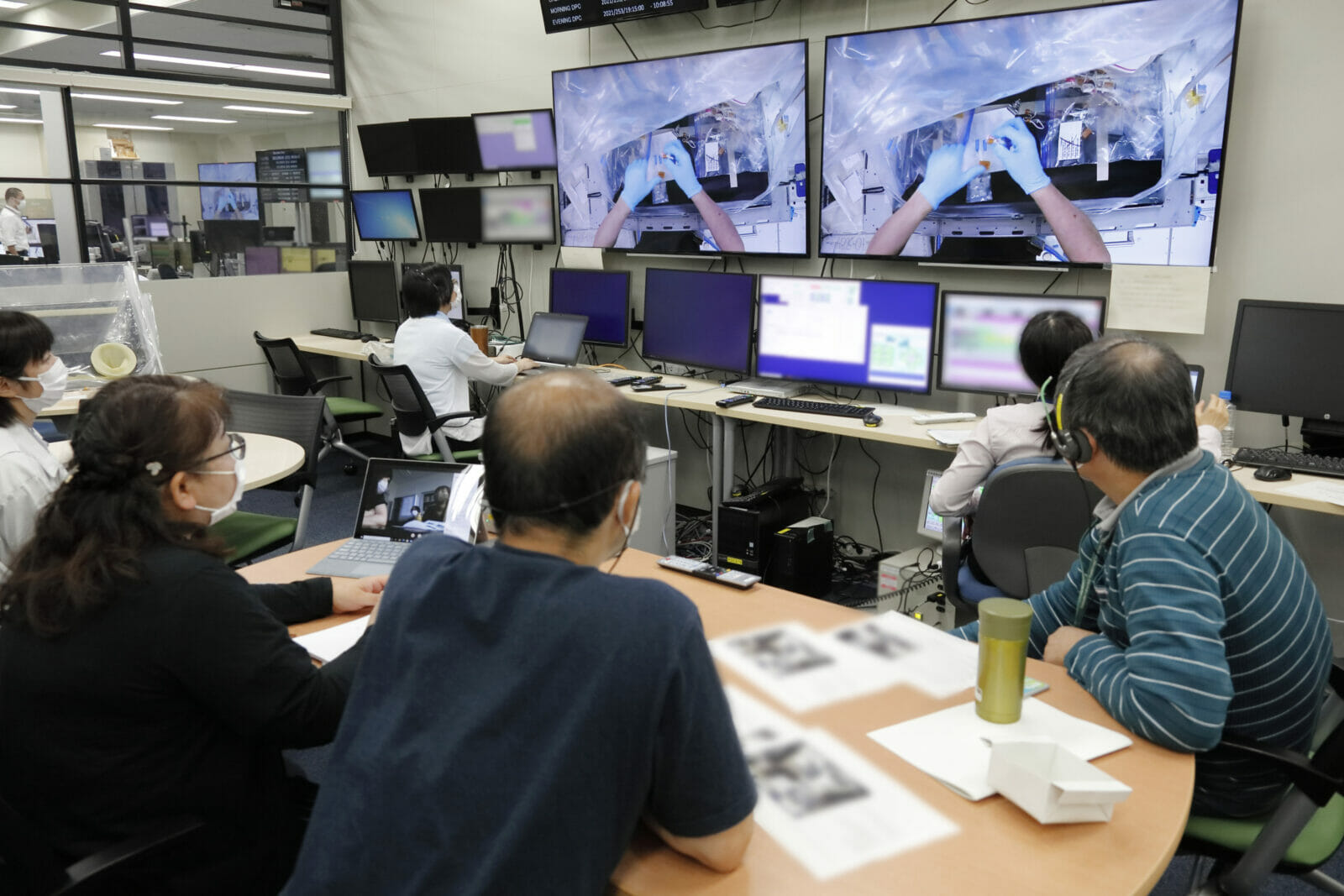
Q8 What are the important qualities for an astronaut?
I think that astronauts need a variety of abilities. Communication skills, of course, but also the ability to apply and make decisions based on one’s professional background. What I thought was particularly important was an ability to understand the situation. We are always aware of each others’ activities, activities back on the ground, and how the project is progressing in relation to the timeline. This allows me to get a bigger picture of how my work will be affected, or how the work I do affects other work. So, if something unexpected happens, we can change our plans to help each other.
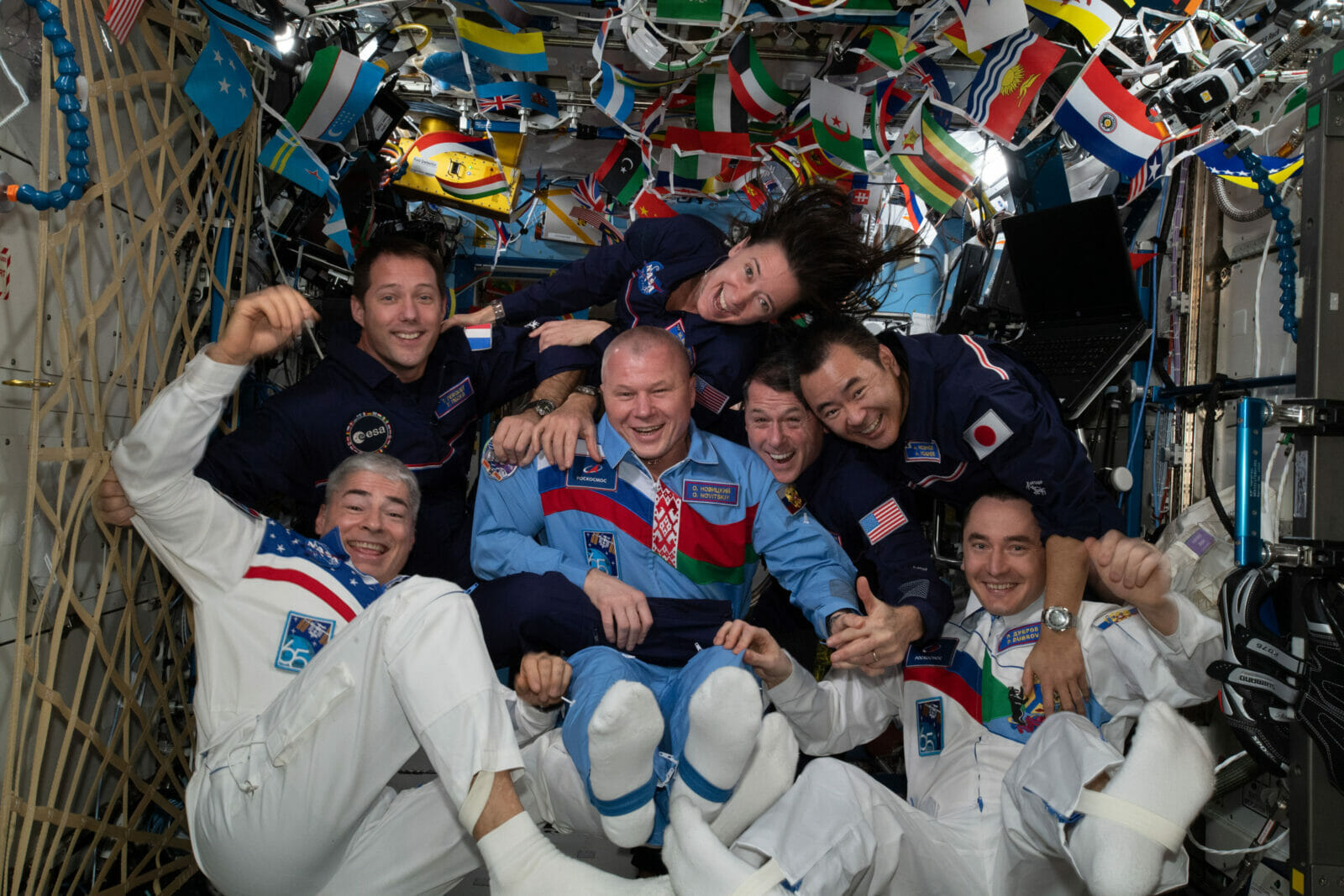
Q9 What is important to you as a captain of the International Space Station?
I think it’s about creating a good working environment for everyone. They are all very capable astronauts, so there was no need to do anything specifically. It was important to maintain an environment where it was easy to communicate and help each other. I also made sure that I also communicated closely with the ground team, so that I could understand the ground team’s struggles and offer solutions. Or vice versa, the ground team could help us. That’s how we communicated.
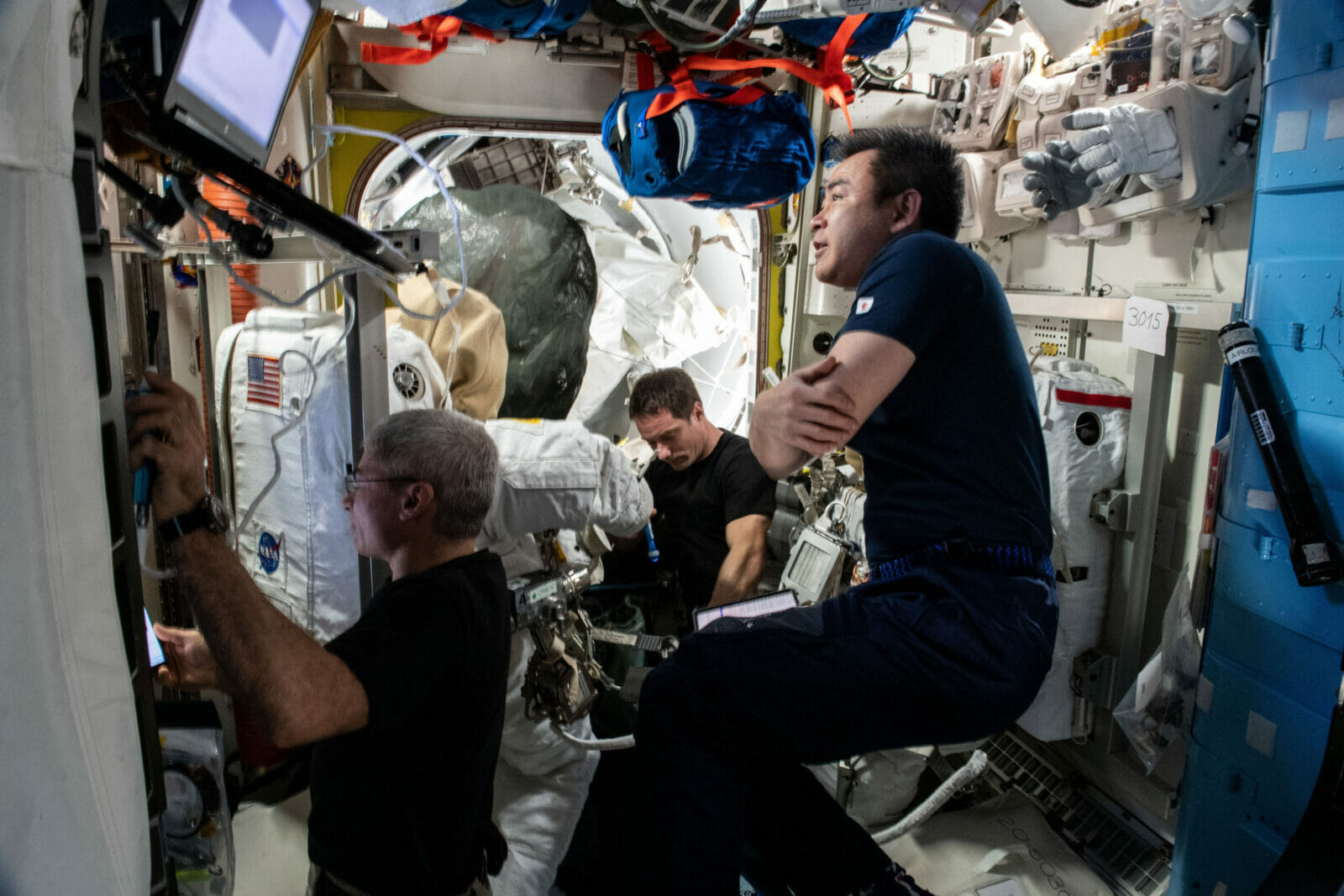
Q10 In addition to language, what is important to you in communicating with astronauts from different countries?
I think the most important thing is respecting each other- respecting each other’s way of thinking, respecting each other’s culture. Of course, this is not limited to the International Space Station. I would like for everyone to keep this in mind as we work with other countries.
Q11 If you had to describe the universe in one word, what would it be?
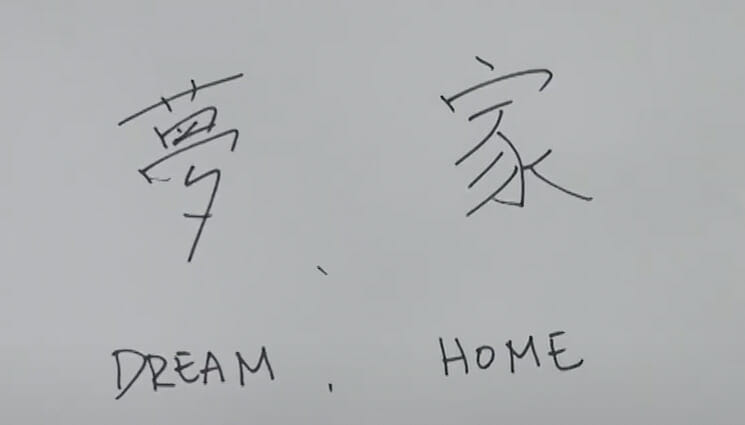
Profile
Akihiko Hoshide
ピックアップ
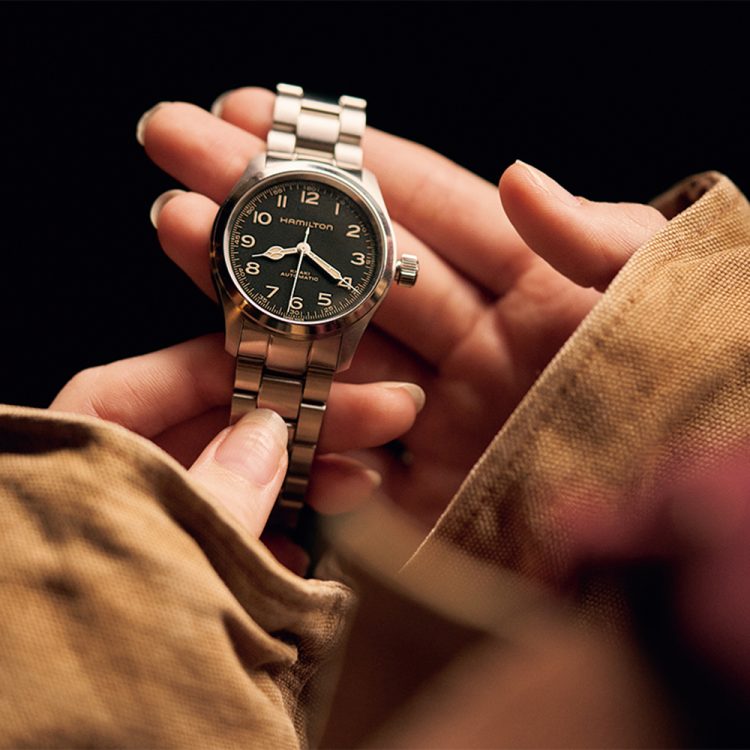
PROMOTION
〈ハミルトン〉と映画のもっと深い話。
HAMILTON
2024年11月15日
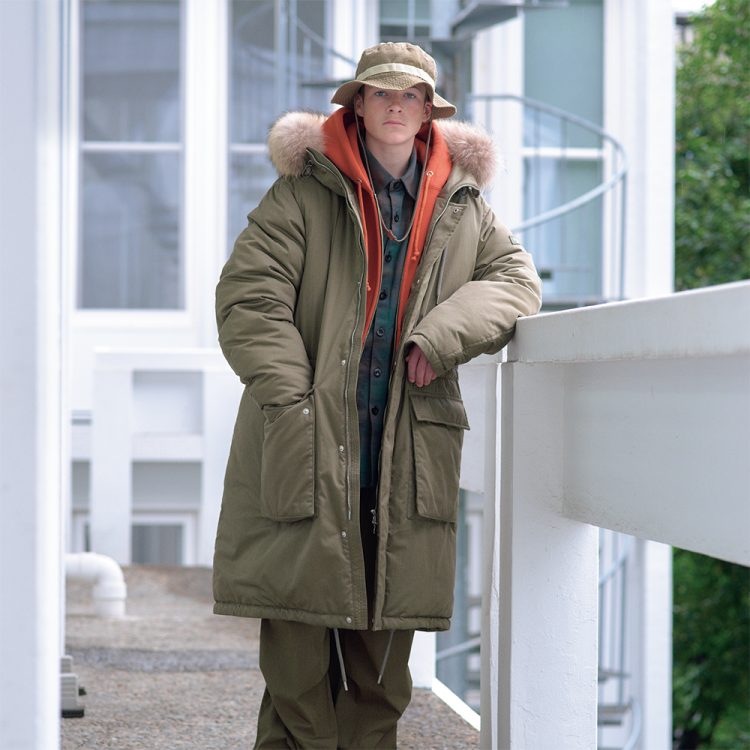
PROMOTION
うん。確かにこれは着やすい〈TATRAS〉だ。
TATRAS
2024年11月12日
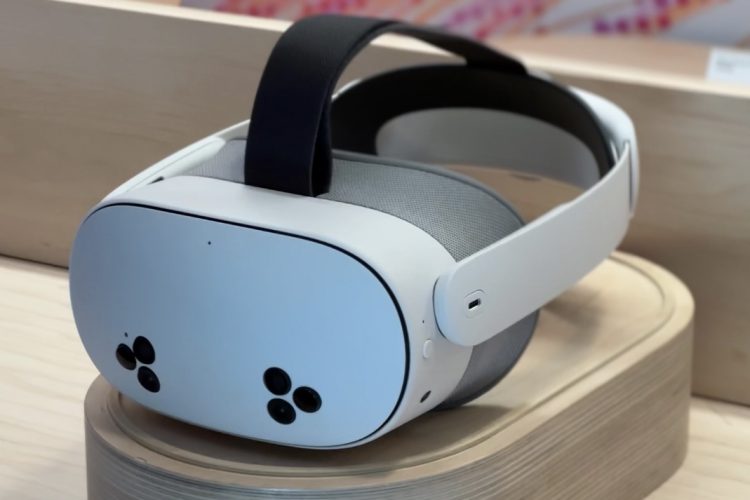
PROMOTION
「Meta Connect 2024」で、Meta Quest 3Sを体験してきた!
2024年11月22日

PROMOTION
〈バーバリー〉のアウターに息づく、クラシカルな気品と軽やかさ。
BURBERRY
2024年11月12日

PROMOTION
タフさを兼ね備え、現代に蘇る〈ティソ〉の名品。
TISSOT
2024年12月6日

PROMOTION
胸躍るレトロフューチャーなデートを、〈DAMD〉の車と、横浜で。
DAIHATSU TAFT ROCKY
2024年12月9日
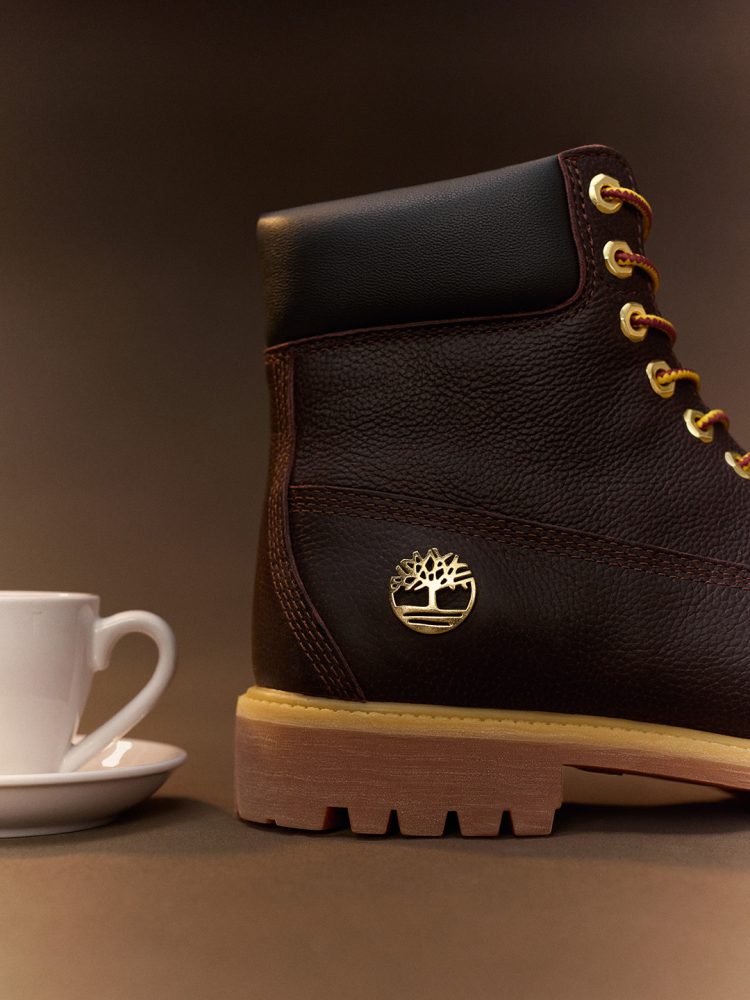
PROMOTION
〈ティンバーランド〉の新作ブーツで、エスプレッソな冬のはじまり。
Timberland
2024年11月8日
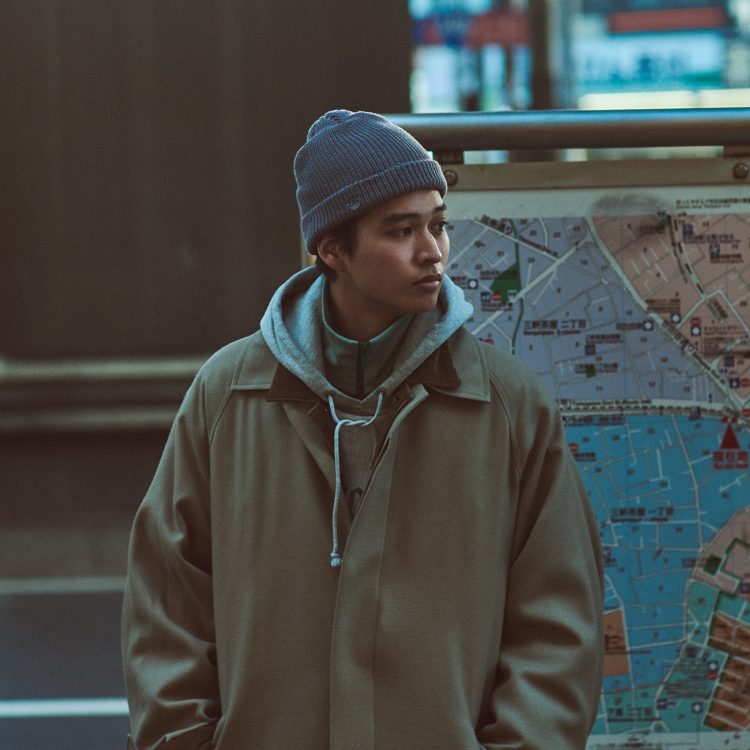
PROMOTION
〈adidas Originals〉とシティボーイの肖像。#9
高橋 元(26)_ビートメイカー&ラッパー
2024年11月30日
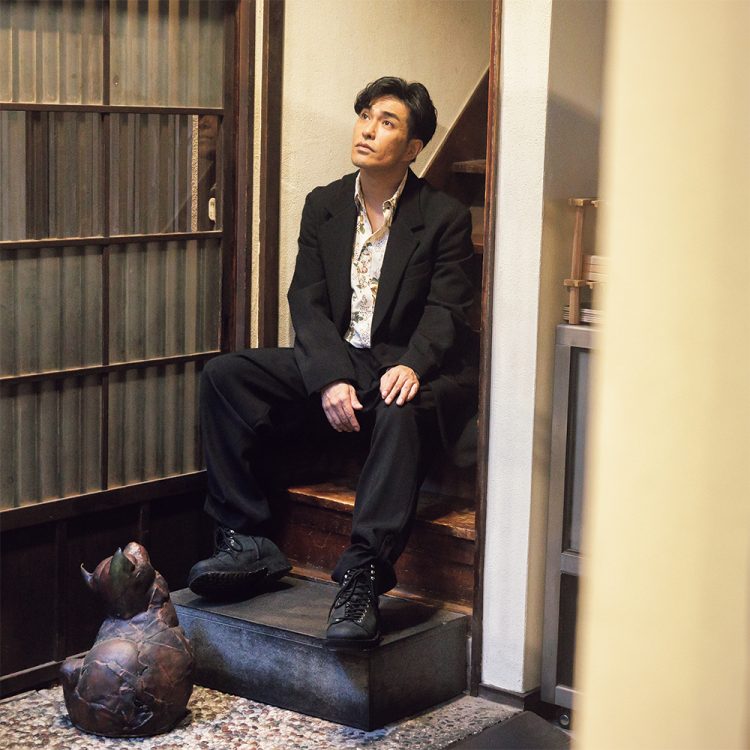
PROMOTION
人生を生き抜くヒントがある。北村一輝が選ぶ、”映画のおまかせ”。
TVer
2024年11月11日
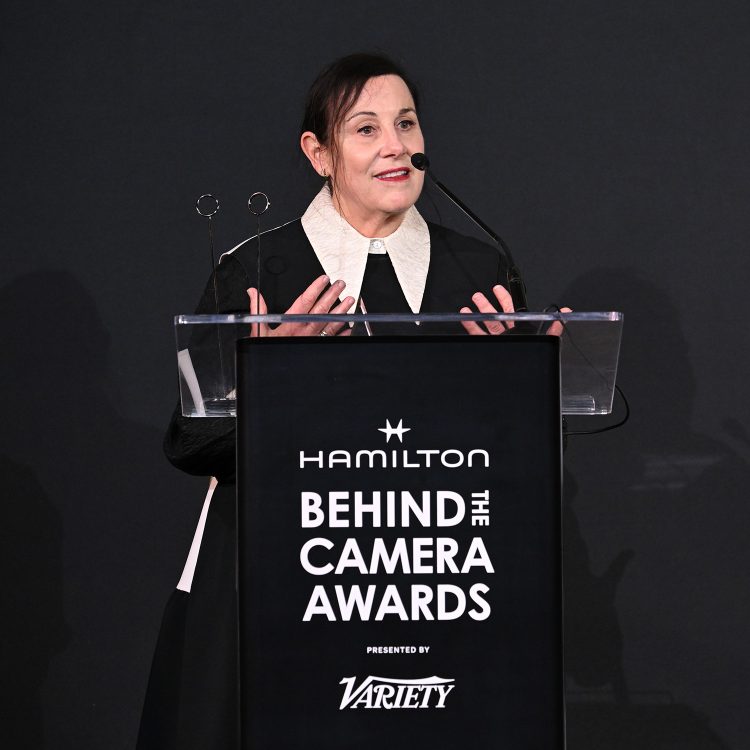
PROMOTION
〈ハミルトン〉はハリウッド映画を支える”縁の下の力持ち”!?
第13回「ハミルトン ビハインド・ザ・カメラ・アワード」が開催
2024年12月5日
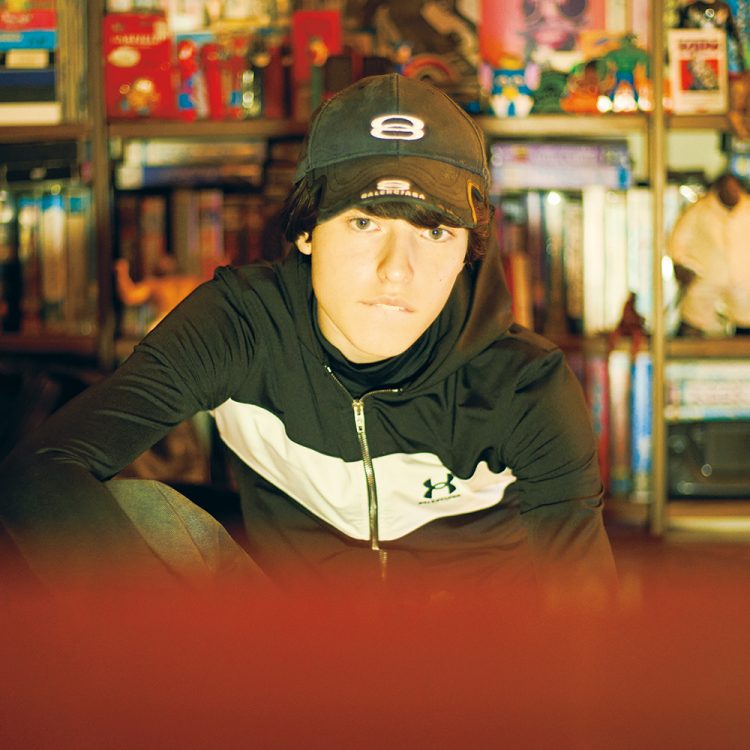
PROMOTION
〈バレンシアガ〉と〈アンダーアーマー〉、増幅するイマジネーション。
BALENCIAGA
2024年11月12日

PROMOTION
レザーグッズとふたりのメモリー。
GANZO
2024年12月9日
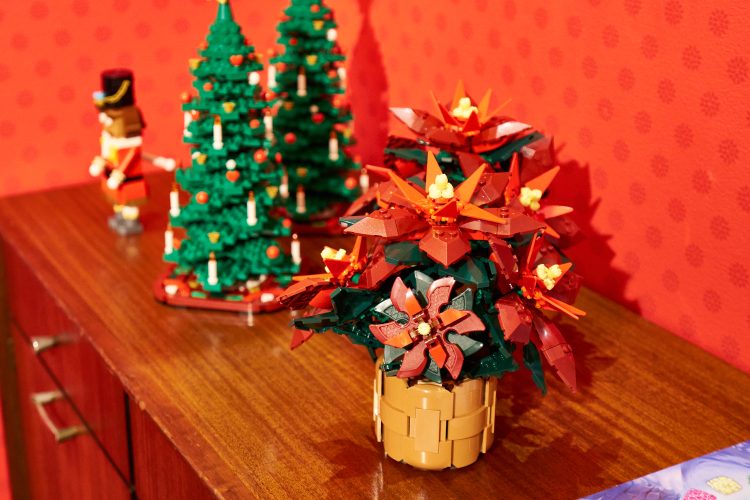
PROMOTION
ホリデーシーズンを「大人レゴ」で組み立てよう。
レゴジャパン
2024年11月22日
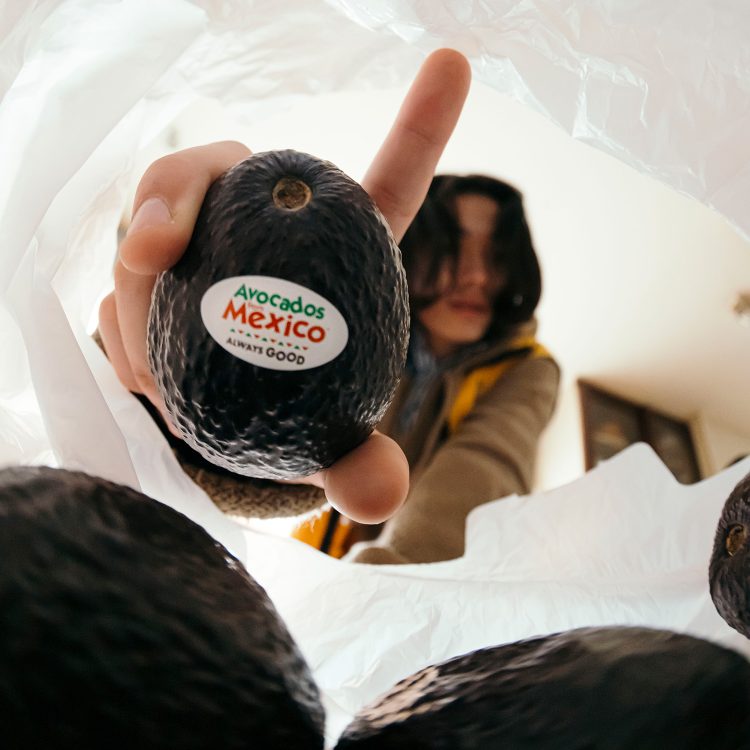
PROMOTION
メキシコのアボカドは僕らのアミーゴ!
2024年12月2日
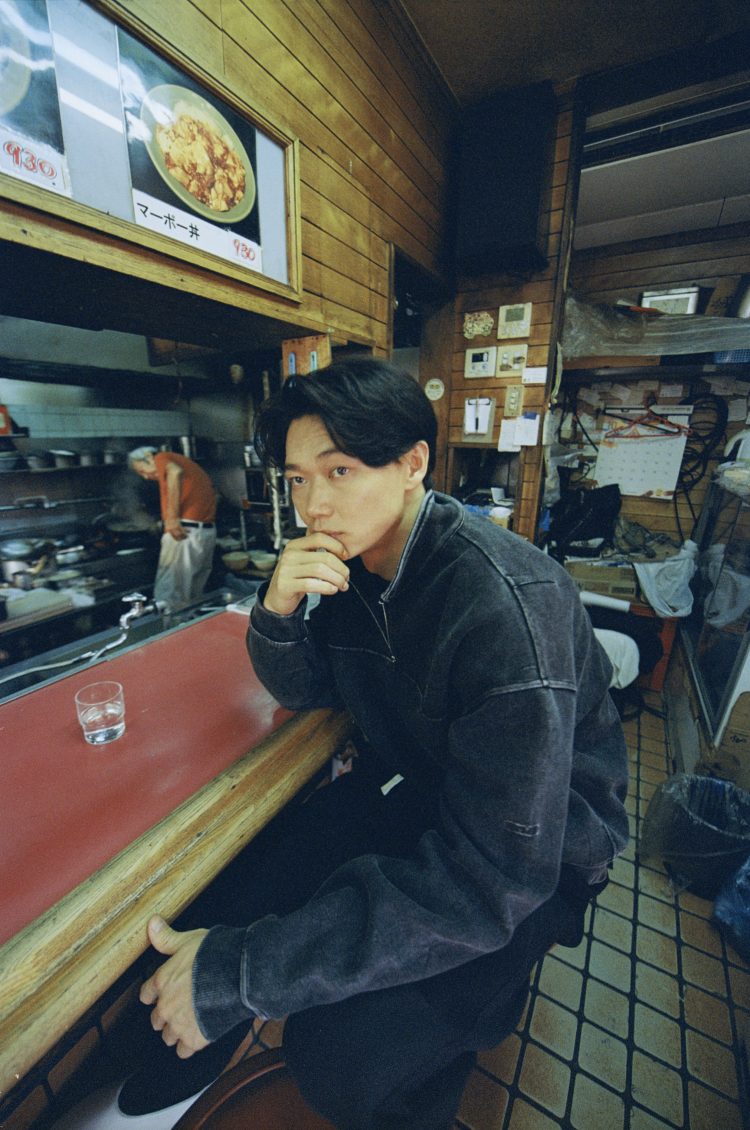
PROMOTION
この冬は〈BTMK〉で、殻を破るブラックコーデ。
BTMK
2024年11月26日